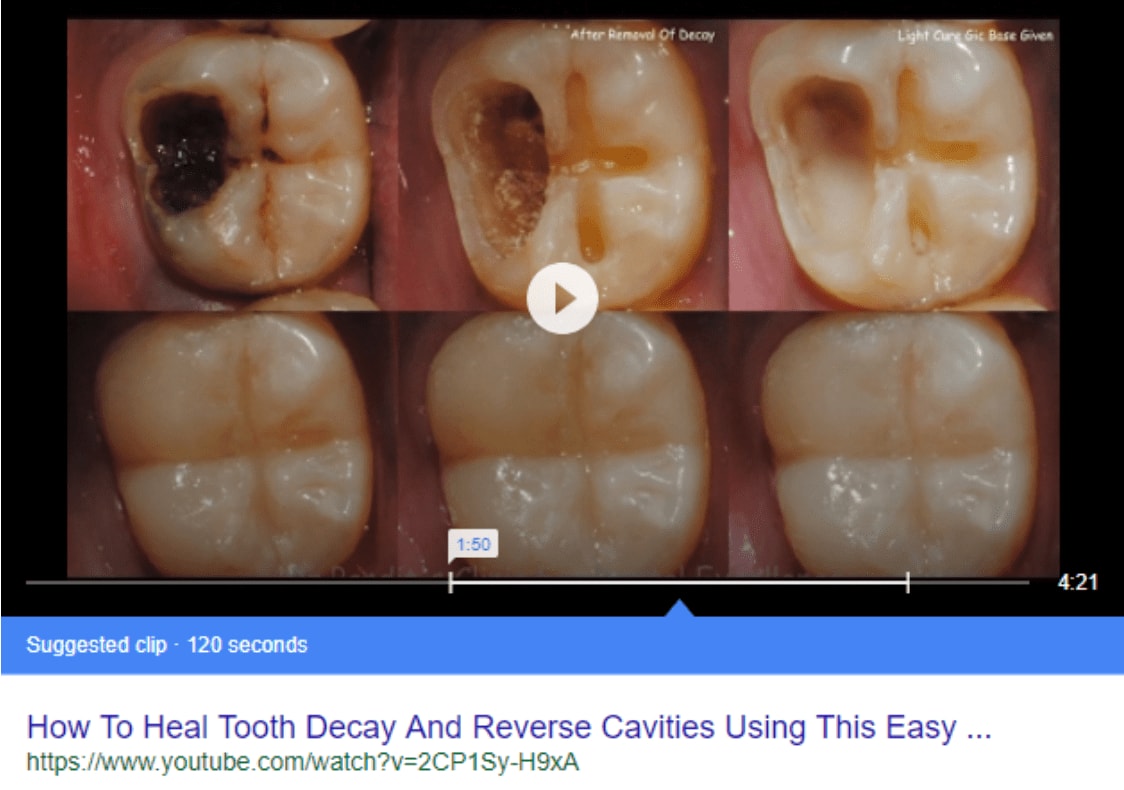As fast as technology is moving, so is the treatment of disease. The article below demonstrates just one of the many breakthroughs in cancer treatment. Doctors at the National Institutes of Health say they’ve apparently completely eradicated cancer from a patient who had untreatable, advanced breast cancer. Is this also the future of dental health services?

Therapy Made From Patient’s Immune System Shows Promise For Advanced Breast Cancer
Having done my advanced degree work in immunology, particularly around the immune response in the inflammatory process, specifically T-4 cells, I was excited to learn of this new modality of treatment of cancer. This new body of work appears incredibly positive for a cure for many types of cancer.
In this trial for metastatic breast cancer, the individual’s own T-4 cell — those T-4 cells that could directly attack this particular cancer — were isolated. The the T-4 cells were grown and harvested in the lab. Unfortunately, given that it was an experimental procedure, these lab procedures had to be done manually, which was painstaking and very time-consuming. But with the addition of artificial intelligence, robotics, genomics, and Big Data, this process will be quantumly accelerated.
Changes in Dental Health Services
The same progress is being achieved in other areas of disease at an accelerated pace. In a recent article from the University of Washington: “Peptide-based Biogenic Dental Product May Cure Cavities.” Jackson Holtz reports that researchers at the University of Washington have designed a convenient and natural product that uses proteins to rebuild tooth enamel and treat dental cavities. What will this mean to dental practice?

What if dental caries were curable? What if children received a varnish with this peptide material and were rendered caries-free? What if this therapy could be delivered by non-dentists?
It is always interesting to me that dentists are cemented to their past, and their past is based on repair rather than prevention or natural rebuilding. Historically, a dentist’s income is based on repair, not regeneration, so advances like this — total game-changers — would be a powerful disruptive technology.
Treatment vs. Prevention
The time is rapidly approaching when the diseases dentists depend on to make their money may have a cure. What will happen to dentistry then?
When you look at the major healthcare institution such as MD Anderson or the Cleveland Clinic, they are committed to reducing the incidence and severity of disease. But dentistry, on the other hand, is more interested in the other side of this equation: repair. The worse the damage, the greater the revenue.
I look forward to working with entrepreneurs who can design a dental-practice scenario based on prevention and cure rather than observation and repair.
We’re years, not decades, away from healing caries. And I would bet that with the rapid advances in technology, the same will be valid for periodontal disease, jaw growth and development, and tooth position. To move from repairers to preventers, to move from observing to direct action that prevents rather than leads to repair, is a future that’s just around the corner.
Is dentistry planning for these disruptive changes?
— Marc



